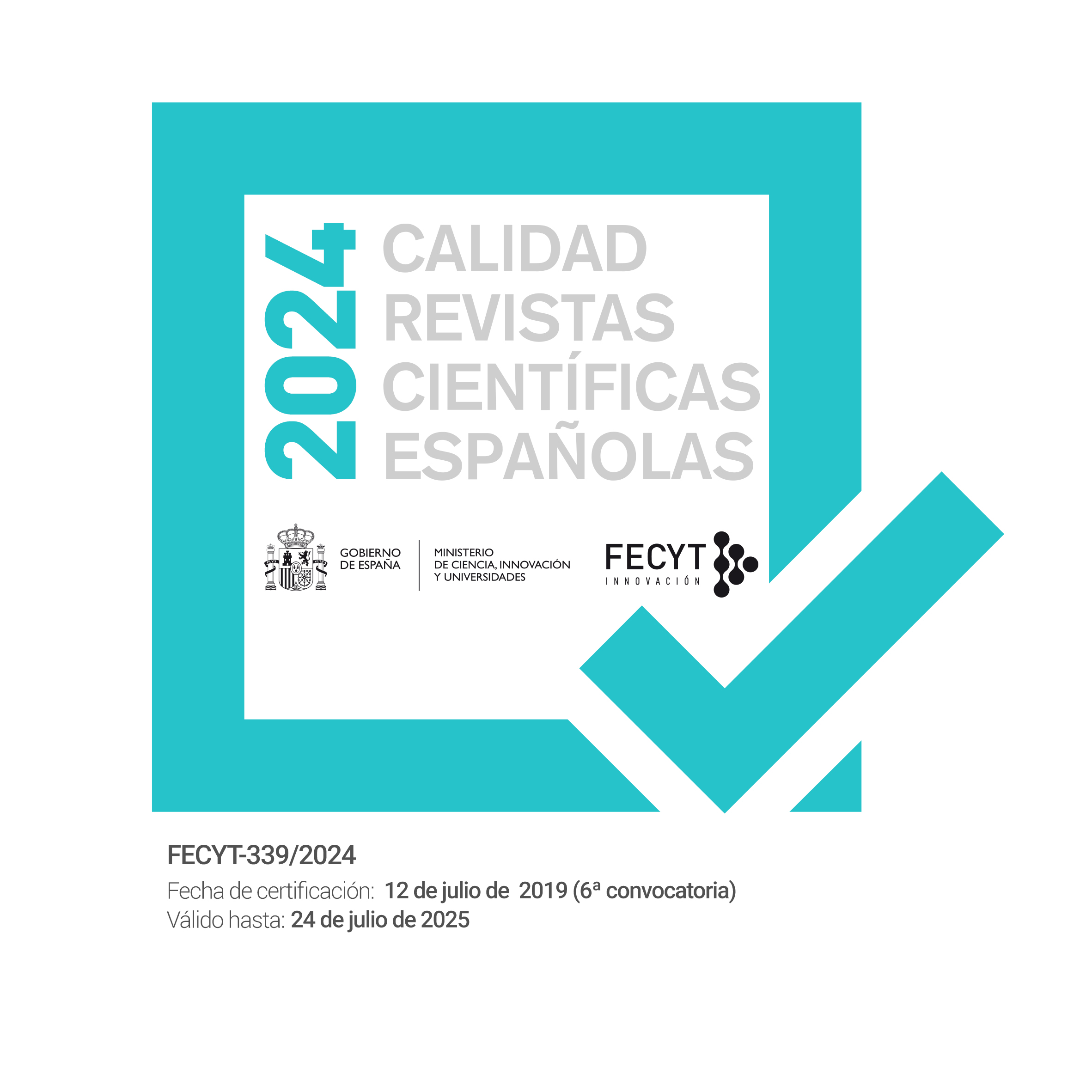Possible Thomistic reply to Hume´s law and Moore´s open question
DOI:
https://doi.org/10.24310/Claridadescrf.v10i1.3963Keywords:
ONTOLOGY, ANTHROPOLOGY, EPISTEMOLOGY, ETHICSAbstract
This article concerns Aquinas’ practical doctrine on two philosophical difficulties underlying much contemporary ethical debate. One is Hume’s Is-ought thesis and the other is its radical consequence, Moore’s Open-question argument. These ethical paradoxes appear to have their roots in epistemological scepticism and in a deficient anthropology. A possible response to them can be found in that: a) Aquinas defends the substantial unity and rationality of the human being; b) Thomistic natural law is a natural consequence of the rational being; c) Human reason is essentially theoretical and practical at the same time. Aquinas’ human intellect naturally
performs three main operations: 1º) To apprehend the intellecta and universal notions ens, verum and bonum. 2º) To formulate the first theoretical and practical principles. 3º) To order that the intellectum and universal good be done and the opposite avoided. For these reasons, Thomistic philosophical response to both predicaments will not be exclusively ethical, but will harmonically embrace ontology,
anthropology and epistemology. Aquinas’ moral philosophy is fundamentally different from ethics that qualifies actions as good either by mere social consensus (contractualism) or just by calculating its consequences (consequentialism).
Downloads
Metrics
Publication Facts
Reviewer profiles N/A
Author statements
Indexed in
-
—
- Academic society
- N/A
- Publisher
- Asociación para la promoción de la filosofía y la cultura en Málaga (FICUM) y UMAEditorial
Downloads
Published
How to Cite
Issue
Section
License
Esta revista provee acceso libre inmediato a su contenido bajo el principio de hacer disponible gratuitamente la investigación al público. Todos los contenidos publicados en Claridades. Revista de Filosofía, están sujetos a la licencia Creative Commons Reconocimento-NoComercia-Compartirigual 4.0 cuyo texto completo puede consultar en <http://creativecommons.org/licenses/by-nc-sa/4.0>
Es responsabilidad de los autores/as obtener los permisos necesarios de las imágenes que están sujetas a derechos de autor.
Los autores/as cuyas contribuciones sean aceptadas para su publicación en esta revista conservarán el derecho no exclusivo de utilizar sus
contribuciones con fines académicos, de investigación y educativos, incluyendo el auto-archivo o depósito en repositorios de acceso abierto de cualquier tipo.
La edición electrónica de esta revista esta editada por la Editorial de la Universidad de Málaga (UmaEditorial), siendo necesario citar la procedencia en cualquier reproducción parcial o total.

















6.png)
